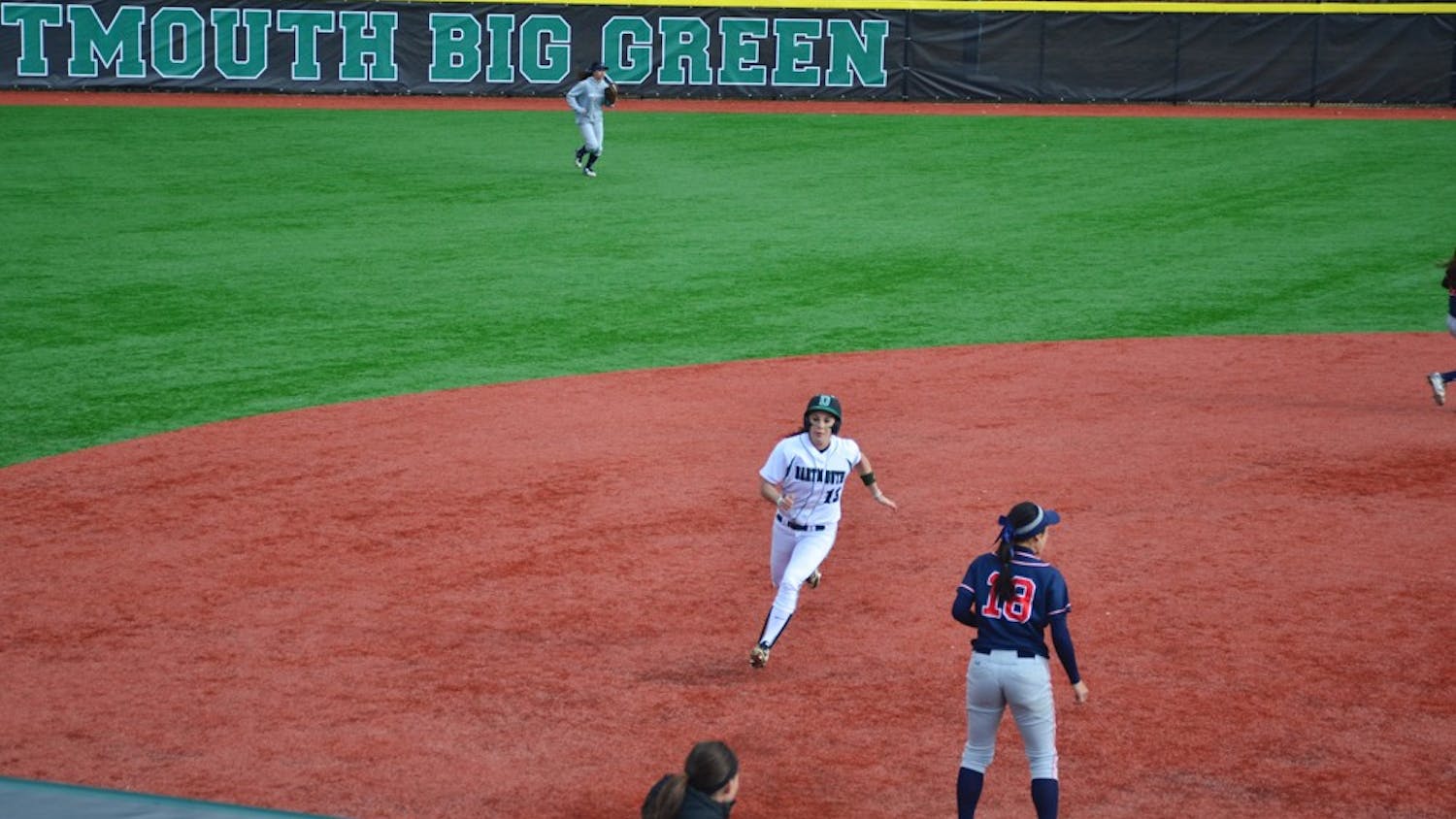Beginning next Wednesday, Dartmouth will host a two-day lecture series as part of a conference titled “Reflections on the Afterlives of 1969.” The series of talks, which will feature speeches from professors at Yale University, The Free University of Berlin and several other institutions, will address a range of topics including student activism, black political thought, anti-Vietnam war protests and the implications of 1960s social movements on the world today.
English professor Donald Pease, who organized the events alongside vice president of alumni relations Cheryl Bascomb ’82, noted that the conference constitutes the second half of an initiative to celebrate Dartmouth’s 250th anniversary and particularly to commemorate the Parkhurst Hall student takeover in 1969. Earlier this summer, students took part in a theatrical re-enactment of the Parkhurst protest, which they performed during the Class of 1969’s reunion in June as the first part of the initiative.
“1969 was a re-founding moment in Dartmouth’s history,” Pease said. “It was a time that the student body made demands, and the faculty and administration heard them loud and clear.”
Pease added that he conceived the idea to follow up the re-enactment with a lecture series as a way to reflect on the significance of 1969 “not merely from a local context, but also globally.”
According to Pease, the reflections officially began with a lecture by New School for Social Research history professor Eli Zaretsky on July 24. Zaretsky presented a lecture analyzing the effects of the civil rights movement, women’s movements, student protests and workers’ rights movements in the 1960s.
The two-day lecture series will begin at 4 p.m. on Wednesday with a speech by Anthony Bogues, the director of the center of the study of slavery and justice at Brown University.
Bogues will present a lecture entitled “From Black Radical Tradition to Black Critique: Critical Thought in Our Troubled Times,” in which he will discuss the underpinnings of the civil rights movement in the 1960s and assess the trajectory of black political thought over the past 50 years.
Bogues said he intends to focus specifically on “two moments” in American political history: the anti-Vietnam War movement and the demands of African-American students for a more intentional focus on black studies in academia. He stressed the importance of both movements as models for modern-day activism.
“I think that at this particular moment in American history, a great deal of national discourse is constructed around anti-black racism, around division,” Bogues said. “It is important to revisit a moment when there was an attempt in American society to get rid of divisions, when students — black activists and feminists — were actually trying to call attention to certain conditions in America that created division.”
Pease noted that he invited a wide array of professors who are also actively engaged in political or social activism.
“I wanted to have a sufficient generational but also ideological range represented during the conference in order to allow as many voices and as many perspectives to have the possibility of entering into the conversation,” Pease said.
Additionally, Pease said that he hoped to structure the conference in a way that places scholars in discussion with one another through a format of “positions and counter-positions.” For example, he noted that Bard College post-doctoral fellow Jana Schmidt will discuss the limitations of student activism, while chair of American studies at the University of Groningen Laura Bieger will focus on political philosophies that stress the importance of student engagement in politics.
American Studies chair at Yale University and Montgomery Fellow Michael Denning ’76 will deliver the keynote speech of the conference — a meditation on the organization of labor movements in the 1960s.
Alan Nadel, an American studies professor at the University of Kentucky, stressed the significance of reflecting upon the events that occurred in 1969, particularly in light of Dartmouth’s 250th anniversary.
“Looking at American milestones in terms of their relationship to Dartmouth’s milestones can be a useful way to put things together and get a creative perspective that enables you to look at things in a different lens,” Nadel said.
Nadel will give a lecture on Thursday, which will explore the re-structuring of America’s economy during the Vietnam War, as well as the continued repercussions of these shifts in economic policy.
The conference will conclude a week after the lecture series with a symposium hosted by the Master of Arts Liberal Studies program. According to Pease, New School for Social Research philosophy professor Nancy Fraser will discuss the “emergence and re-imagining” of the feminist movement in the 1960s.
Pease stressed the importance of continuing to reflect on the tumultuous political and social climate of the 1960s in light of current events.
“1969 was a global event, and the issues that they brought into the global consciousness are issues that were not only important then, but are important now,” Pease said. “I think it’s important to realize that what happened then has implications for what happens everywhere on the planet.”
Elizabeth Janowski '21 is the news executive editor of the 177th directorate. Hailing from Brookfield, Wisconsin, she is pursuing a double major in history and film and media studies.


